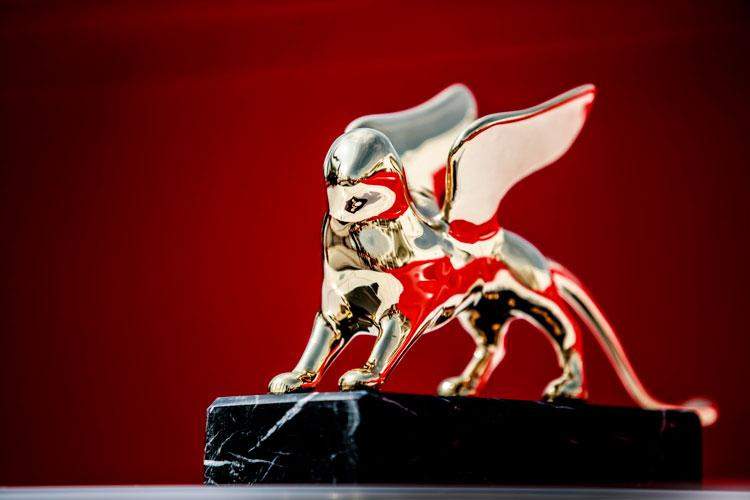The Golden Lions for Lifetime Achievement of the 59th International Art Exhibition of the Venice Biennale - The Milk of Dreams have been awarded to German artist Katharina Fritsch and Chilean artist Cecilia Vicuña, upon the proposal of curator Cecilia Alemani approved by the Biennale Board of Directors chaired by Roberto Cicutto. The award and opening ceremony of the Biennale Arte 2022 will be held on Saturday, April 23, 2022 at Ca’ Giustinian.
Katharina Fritsch (Essen, 1956) lives and works in Wuppertal and Düsseldorf, Germany, while Cecilia Vicuña (Santiago, Chile, 1948) is a poet, artist, filmmaker, activist and lives between New York and Santiago, Chile. Her work addresses pressing concerns of the contemporary world, including environmental destruction, human rights and cultural homogenization.
“The first time I saw a work by Katharina Fritsch in person was actually at the 1999 Venice Biennale, in the edition curated by Harald Szeemann, the first Biennale I visited,” Alemani said in her citation for the award. "The imposing work that occupied the main hall of the Central Pavilion was entitled Rattenkönig, the Mouse King, an eerie sculpture in which a group of giant mice is arranged in a circle, their tails knotted, as if in a strange magical ritual. From then on, with every encounter with a Fritsch sculpture, I felt the same sense of awe and giddy attraction. Fritsch’s contribution to the field of contemporary art and, in particular, to the field of sculpture is unparalleled. His work is distinguished by figurative works that are both hyperrealistic and fantastic: copies of objects, animals and people rendered in the minutest detail but transformed into uncanny apparitions. Fritsch often modifies the size and scale of his subjects, miniaturizing or enlarging them and wrapping them in alienating color backgrounds: it is like being in the presence of monuments of alien civilizations, or in front of exhibits in a strange posthuman museum."
Motivating the award to Cecilia Vicuña, the curator said, "Vicuña is an artist and poet, and she has dedicated years to preserving the literary works of manyLatin American writers, doing commendable work in translating and editing anthologies of South American poems that, without her intervention, would have been lost. Vicuña is also an activist who has been fighting for the rights of indigenous peoples in Latin America and Chile for years. In the field of visual arts, she has distinguished herself through work that ranges from painting to performance to the creation of complex assemblages. Central to her artistic language is a strong fascination with indigenous traditions and non-Western epistemologies. For decades she has worked in the background, with precision, humility, and persistence, anticipating many recent debates onecology and feminism and imagining new personal and collective mythologies. Vicuña’s mastery lies in transforming the most unassuming objects into hubs of tension and force. Many of her installations are made from found materials and abandoned debris that the artist weaves into delicate compositions, in which the microscopic and the monumental seem to find a fragile balance-a precarious art, at once intimate and powerful."
“It is a great honor and joy for me to receive the Golden Lion,” said Cecilia Vicuña, "at a time when humanity is trying to maintain peace and justice against all odds. I believe that our art and consciousness can play an important role in the urgent need to move away from violence and destruction, to save our environment from imminent collapse."
 |
| Biennale 2022: lifetime achievement gold lions to artists Fritsch and Vicuña |
Warning: the translation into English of the original Italian article was created using automatic tools. We undertake to review all articles, but we do not guarantee the total absence of inaccuracies in the translation due to the program. You can find the original by clicking on the ITA button. If you find any mistake,please contact us.